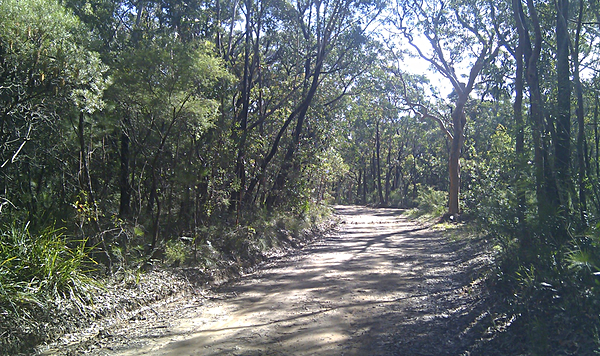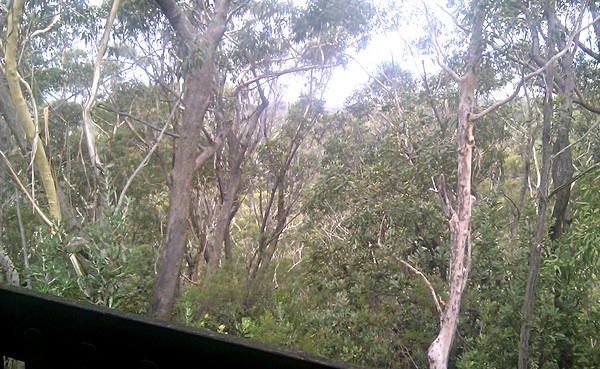A weekly summary of what I’ve been doing elsewhere on the internets. Thanks to the collision of Easter and Anzac Day to create a very long weekend indeed, there were only three official workings days.
Podcasts
There was no Patch Monday podcast because Monday was a public holiday. However I did record the key interviews for the next two episodes. That’s the furthest ahead I’ve ever been.
Articles
- Tired Microsoft delivers solid profits, for now, for Crikey, which as you might imagine is a commentary on the company’s quarterly results.
- I also wrote a piece for ZDNet Australia that should be published tomorrow, and my first two opinion pieces for an outlet that… well… I’ll tell you about that next week.
Media Appearances
- On Wednesday I was interviewed by Carol Duncan on ABC Radio 1233 Newcastle about the security breach of Sony’s PlayStation Network. The audio is available at the ABC website.
- I was interviewed on the same subject by the OzSpot gaming podcast, a production of CBS Interactive’s GameSpot.
- On Thursday I was interviewed by John Kenneally and Jane Doyle on Adelaide radio FIVEaa about… the Sony PlayStation Network hack. There’s no audio published at their website. Should I post my copy, do you think?
[Update 8 May 2011: The direct link to the podcast doesn’t work. You’ll have to scroll down the list of episodes in the “archive” section on the right to find the one for 26 April.]
Corporate Largesse
None.
Elsewhere
Most of my day-to-day observations are on my high-volume Twitter stream, and random photos and other observations turn up on my Posterous stream. The photos also appear on Flickr, where I eventually add geolocation data and tags.
[Photo: Road to Bunjaree Cottages, taken earlier today. This is one of the dirt roads leading to Bunjaree Cottages, which is where I’ve been staying off and on for the last three months. This isn’t the official road to take, as for a short distance it crosses through private property, but it’s the way I usually take when walking into Wentworth Falls.]



